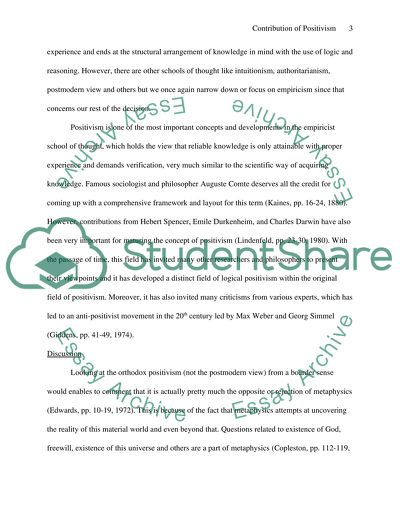Cite this document
(The Imperfections of Human Life Case Study Example | Topics and Well Written Essays - 2270 words, n.d.)
The Imperfections of Human Life Case Study Example | Topics and Well Written Essays - 2270 words. Retrieved from https://studentshare.org/philosophy/1564021-critically-discuss-the-contribution-of-positivism-to-the-study-of-society
The Imperfections of Human Life Case Study Example | Topics and Well Written Essays - 2270 words. Retrieved from https://studentshare.org/philosophy/1564021-critically-discuss-the-contribution-of-positivism-to-the-study-of-society
(The Imperfections of Human Life Case Study Example | Topics and Well Written Essays - 2270 Words)
The Imperfections of Human Life Case Study Example | Topics and Well Written Essays - 2270 Words. https://studentshare.org/philosophy/1564021-critically-discuss-the-contribution-of-positivism-to-the-study-of-society.
The Imperfections of Human Life Case Study Example | Topics and Well Written Essays - 2270 Words. https://studentshare.org/philosophy/1564021-critically-discuss-the-contribution-of-positivism-to-the-study-of-society.
“The Imperfections of Human Life Case Study Example | Topics and Well Written Essays - 2270 Words”, n.d. https://studentshare.org/philosophy/1564021-critically-discuss-the-contribution-of-positivism-to-the-study-of-society.


